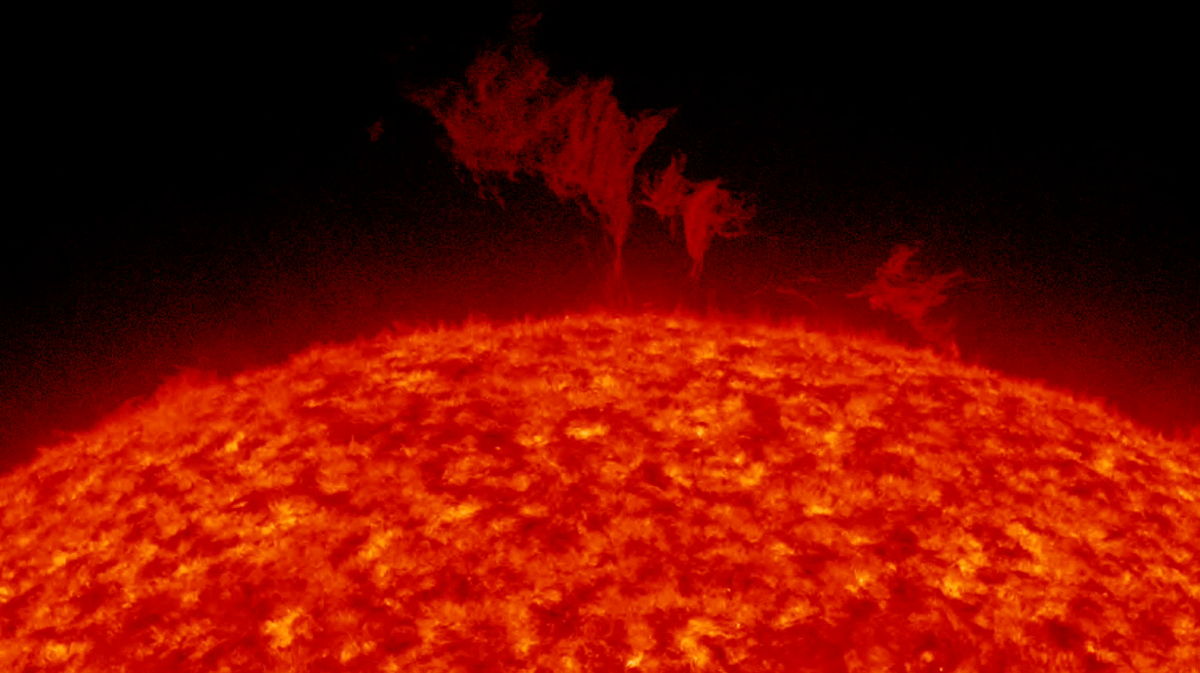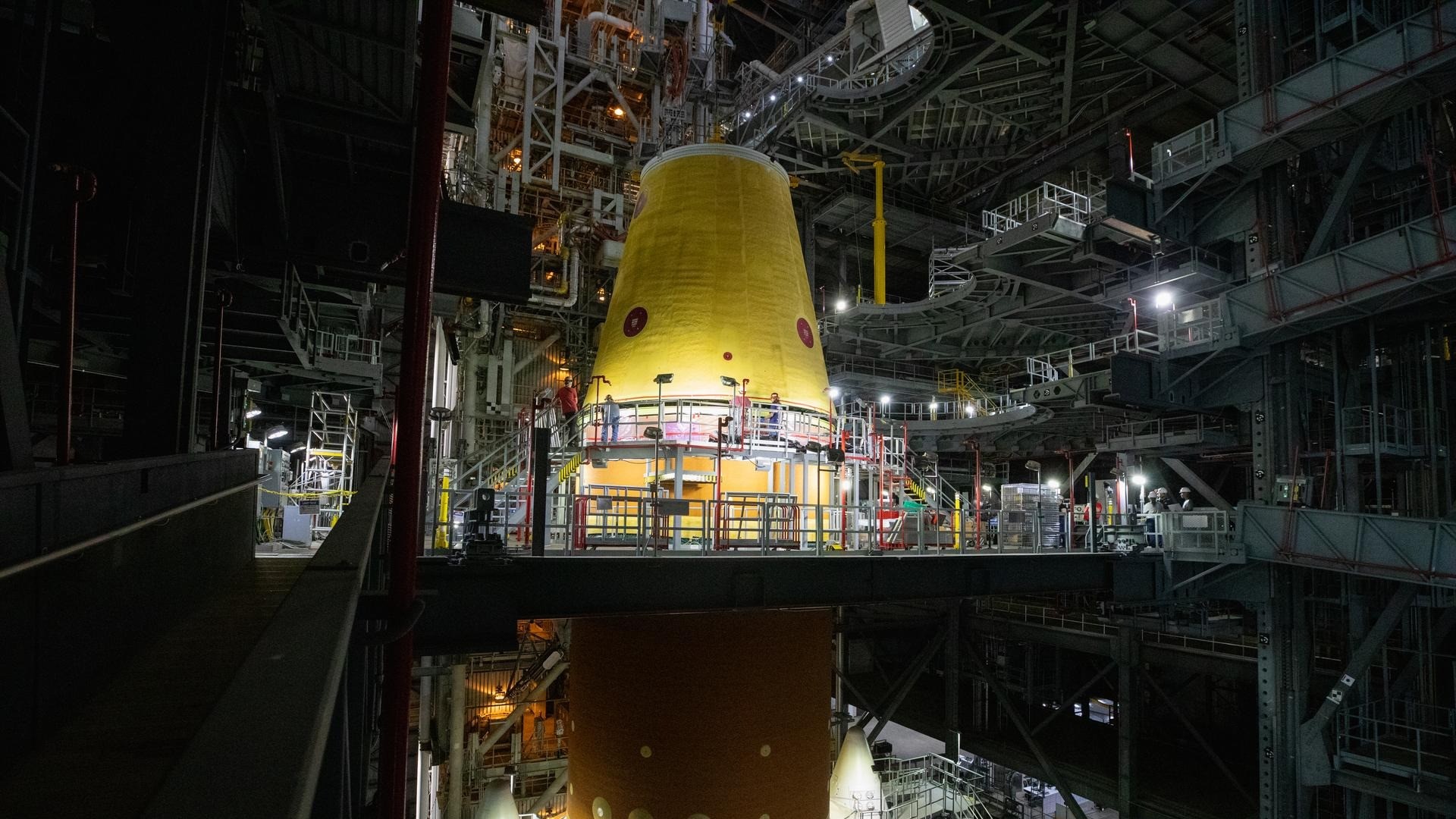China Satellite Navigation System Planned for 2010
Chinese satellitenavigation officials say they intend to field an operational system coveringall of Asia by 2010, but they are giving few details on the deployment plansfor their global system. In addition China has yet to complete frequencycoordination with the United States, Europe, Russia and others.
In presentations April 23here at the Toulouse Space Show, these Chinese officials nonetheless said theirglobal Compass/Beidou system would be fully compatible with the U.S. GPS,European Galileo and Russian Glonass global navigation constellations.
Like GPS,Galileo and Glonass, Beidou/Compass would be free of direct user charges butalso feature an encrypted signal for authorized users only, presumablyincluding the Chinese military.
Chengqi Ran, vicedirector of the China Satellite Navigation Project Center, said the secureBeidou/Compass signal would be "a highly reliable signal dedicated tocomplex situations."
Beidou/Compass isdesigned to feature five satellites in geostationary orbit and 30 satellites inmedium Earth orbit. Ran and Xiaohan Liao, a deputy director at China's Ministryof Science and Technology, said the first of the medium Earth orbit satellites,launched in April 2007, is functioning well but is still the subject ofin-orbit validation.
Liao said China intends to operate a Wide Area Precise Pointing system using geostationarysatellites. China operates three Beidou/Compass satellites in geostationaryorbit. Liao said the wide-area coverage, to include all of Asia, should be inoperation by 2010.
Liao said China wants to ensure that the growing population of GPS users in China will have a smooth transitionfrom GPS-only devices to devices that receive both GPS and Beidou/Compasssignals. He said the market for GPS gear in China is expected to reach around$5 billion in 2010.
Get the Space.com Newsletter
Breaking space news, the latest updates on rocket launches, skywatching events and more!
China's intentions for Beidou/Compass remain a subject ofconcern in the UnitedStates, Europe, Russia and Japan, according to government officialsrepresenting those countries at the Toulouse Space Show.
China's plans for an Asian regional system are the mostimmediate concern to Japanese authorities, who are developing their ownregional system, called the Quazi Zenith Satellite System, because its threesatellites will be in a highly elliptical orbit whose apogee will be over Japan and Asia.
Satoshi Kogure, associatesenior engineer at the Japan Aerospace Exploration Japanese Agency, said somein Japan fear the Chinese system and think "this is an important issue forJapanese national security."
Kogure said China and Japan have had few, if any, talks about their respective systems, although both nationsare members of the International Committee on Global Navigation SatelliteSystems. This committee is next scheduled to meet in December in Pasadena, Calif.
"All the [satellitesystem] provider nations have agreed in principle" to seek maximumcompatibility and interoperability among the different systems to permit usersto take maximum benefit from the proliferation of satellites now planned, saidAnthony Russo, deputy director of the U.S. National Coordination Office forSpace-based Positioning, Navigation and Timing. "But a lot of detailsstill need to be worked."
Europe'sGalileo managers are actively seeking Chinese clarification on plans forBeidou/Compass so European engineers can freeze their plans for the signalstructure of Galileo this year, when contracts for the satellites are scheduledto be signed.
"Our position withthe Chinese is that we need to make sure we all have the same understanding ofthe problem," said Paul Verhoef, head of the Galileo unit at the EuropeanCommission, which is financing Galileo's development. "It has taken theChinese awhile for them to realize that it is in their interest to [coordinatesignals and other compatibility issues] if they want to be in this community ofproviders."
Verhoef noted that whenthe U.S., Russian, Chinese and European medium Earth navigations are addedtogether, there could be 120 operational navigation satellites in medium Earthorbit by the middle of the next decade — plus the three Japanese ellipticalsatellites.
- NEW VIDEO: Europe's Galileo Test Satellite Takes Flight
- To Build Hinode: A Music Video
- Satellites at SPACE.com
Join our Space Forums to keep talking space on the latest missions, night sky and more! And if you have a news tip, correction or comment, let us know at: community@space.com.

Charles Q. Choi is a contributing writer for Space.com and Live Science. He covers all things human origins and astronomy as well as physics, animals and general science topics. Charles has a Master of Arts degree from the University of Missouri-Columbia, School of Journalism and a Bachelor of Arts degree from the University of South Florida. Charles has visited every continent on Earth, drinking rancid yak butter tea in Lhasa, snorkeling with sea lions in the Galapagos and even climbing an iceberg in Antarctica. Visit him at http://www.sciwriter.us









